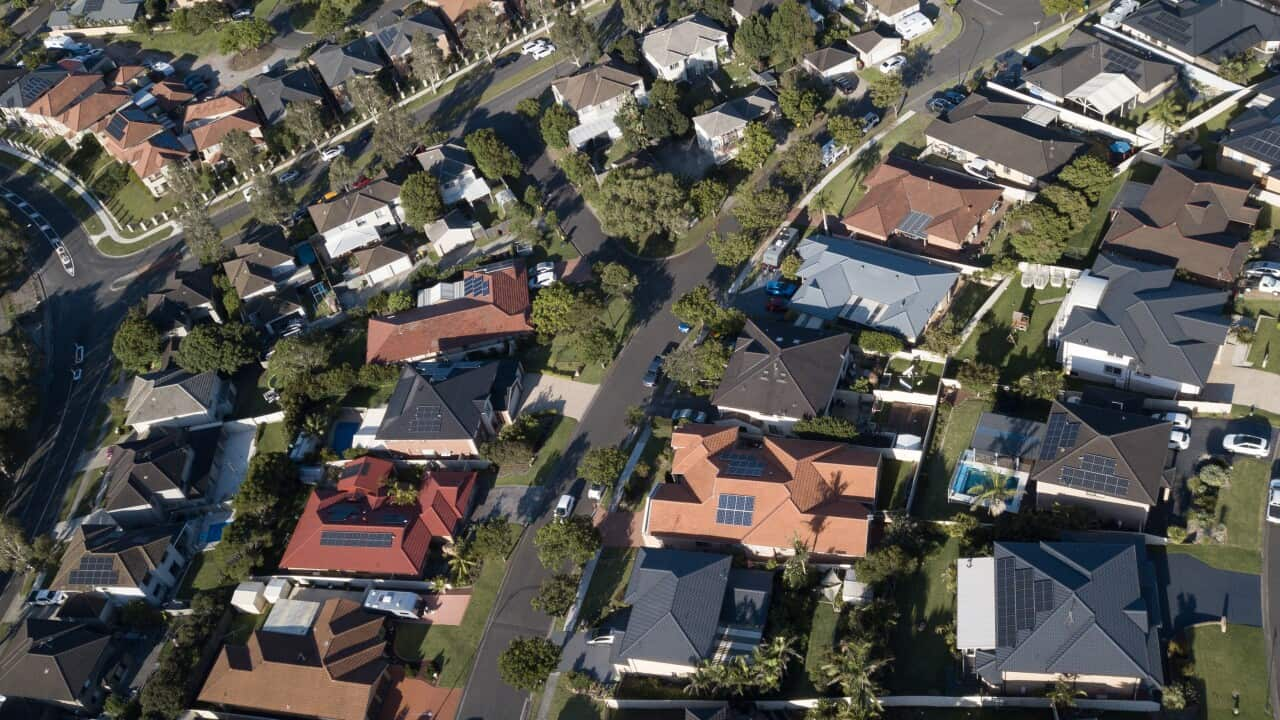Interest rates will remain on hold at 3.85 per cent — but the Reserve Bank of Australia (RBA) has suggested an "easing cycle" is coming for millions of borrowers.
Many economists and commentators had tipped the RBA would cut rates following July's meeting, which would have been the third this year after 0.25 percentage point decreases in both February and May.
Three of the board's nine members also pushed for a change to the interest rate, but six — a majority — opted for a hold.
RBA governor Michele Bullock said inflation data released at the end of July, ahead of the next meeting on 12 August, would be key.
"Provided we are still on top of inflation, which is what we intend to be, then, and we're getting confirmation that we are, then, yes, there is an easing cycle coming," she said.

"We just want to confirm with a full quarterly CPI that we're still on track to deliver inflation continuing down to the middle of the band over time," Bullock said.
"That's the reason we're waiting. We decided to hold and we'll reconsider again in August with this extra information and new forecasts. And that will allow us to decide whether or not we're still on track for continuing to ease.
"The board decided to wait a few weeks to confirm that we're still on track to meet our inflation and employment objectives, as well as a very thorough consideration of Australian economic conditions."
'Not the outcome a lot of people wanted'
Treasurer Jim Chalmers said the decision to hold the rate cut was "not the outcome that a lot of people wanted", but highlighted the Reserve Bank was independent of government.
"I don't second-guess decisions taken independently by the bank or its board. I don't make predictions or pre-empt future movements in interest rates," he told reporters on Tuesday.
"Interest rates have come down twice in five months. But we know the job's not finished because people are still under pressure, and the global environment is so uncertain."
But Ted O'Brien, the Opposition's Treasury spokesperson, said Australian households were "on their knees" and said Labor could not manage the economy.
"Here in Australia, under the Albanese government, interest rates have been too high for too long.
"This is a direct consequence of Labor not being able to manage money. Labor continues on its spending spree and as the RBA itself has recognised, public sector spending is only leading to homegrown inflation.
"Until Labor starts reinstalling some discipline around fiscal responsibility, it will only make the job of the RBA harder. The RBA's job is harder because of Labor's actions, not easier, and the Australian people are poorer, not wealthier."
For the latest from SBS News, download our app and subscribe to our newsletter.

